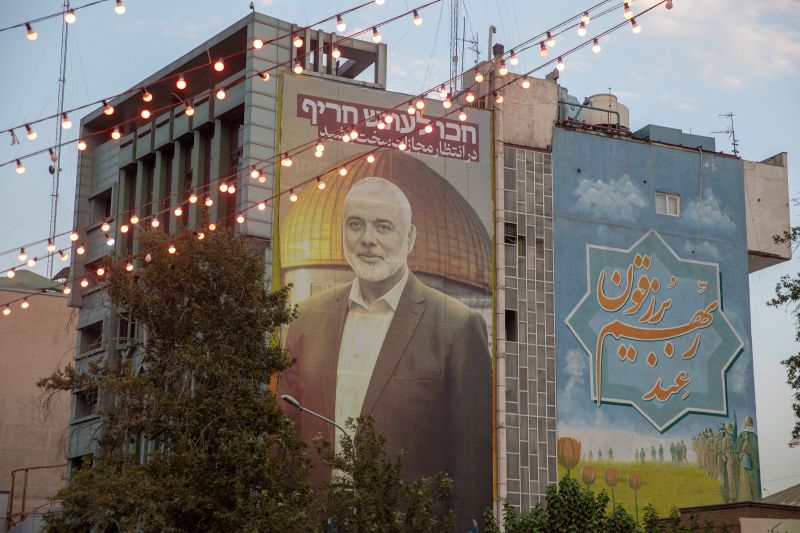The ongoing negotiations between Israel and Palestine to broker a long-term ceasefire in the Gaza Strip are set to resume this week. While both parties appear committed to achieving stability in the region, there are multiple obstacles that could potentially derail the talks. This article seeks to explore these challenges in detail.
First and foremost, the lack of trust between the two parties represents a major barrier to peace. For decades, diplomatic relations between Israel and Palestine have been volatile, marred by violence, political disagreements, and mutual distrust. Frequent violation of past ceasefire agreements by both sides has only exacerbated this lack of trust. Consequently, building confidence that each party will adhere to the terms of a new ceasefire deal is a significant challenge.
Additonally, the internal politics of both Israel and Palestine can hinder the negotiation process. The presence of numerous political factions within both territories can create divisions, with differing ideologies and objectives potentially complicating the formulation of a cohesive negotiation strategy. For instance, in Palestine, the political divide between Fatah, which runs the West Bank, and Hamas, which controls the Gaza Strip, may undermine the unity of their negotiation position.
Similarly, the political climate in Israel, characterized by a highly polarized political landscape, may also pose a challenge to the negotiations. Different sectors of the Israeli political spectrum hold opposing viewpoints on the Gaza issue, with some advocating for a tougher stance on Hamas, while others favour diplomatic engagement.
Another significant barrier is the humanitarian crisis in Gaza, which has heightened tensions and further complicated ceasefire talks. The widespread poverty, lack of access to basic services such as healthcare, education, and clean water, and the high rate of unemployment, particularly among the youth, have created a very volatile environment. Addressing these issues is key to achieving a sustainable ceasefire, as they are often the drivers of conflict, but doing so requires substantial resources and infrastructural development that exceed the scope of the negotiations.
Furthermore, the role of external parties, primarily the United States, Egypt, and Qatar, in the negotiation process can both help and hinder progress toward a ceasefire agreement. These external actors are instrumental in facilitating negotiations and providing necessary resources for the implementation of potential agreements. However, their diverging interests and policies concerning the Israel-Palestine conflict can potentially influence the direction of negotiations, adding another layer of complexity to the process.
Lastly, the unresolved status of Jerusalem, a city with profound religious and political significance for both Israelis and Palestinians, also serves as an obstacle to a ceasefire deal. The shifting policy stance by global powers, most notably the US recognition of Jerusalem as Israel’s capital, has further complicated the issue and could potentially hamper progress in the talks.
In summary, the resumption of high-stakes ceasefire negotiations between Israel and Palestine this week will need to address a multitude of intricate and deeply-rooted challenges. The lack of trust, the political landscape, the humanitarian crisis, the involvement of external actors and the ambiguous status of Jerusalem all represent substantial hurdles to the attainment of a long-term ceasefire deal. However, the continuation of these talks is an encouraging sign that there is a shared commitment towards forging a path to peace and stability in the region.




